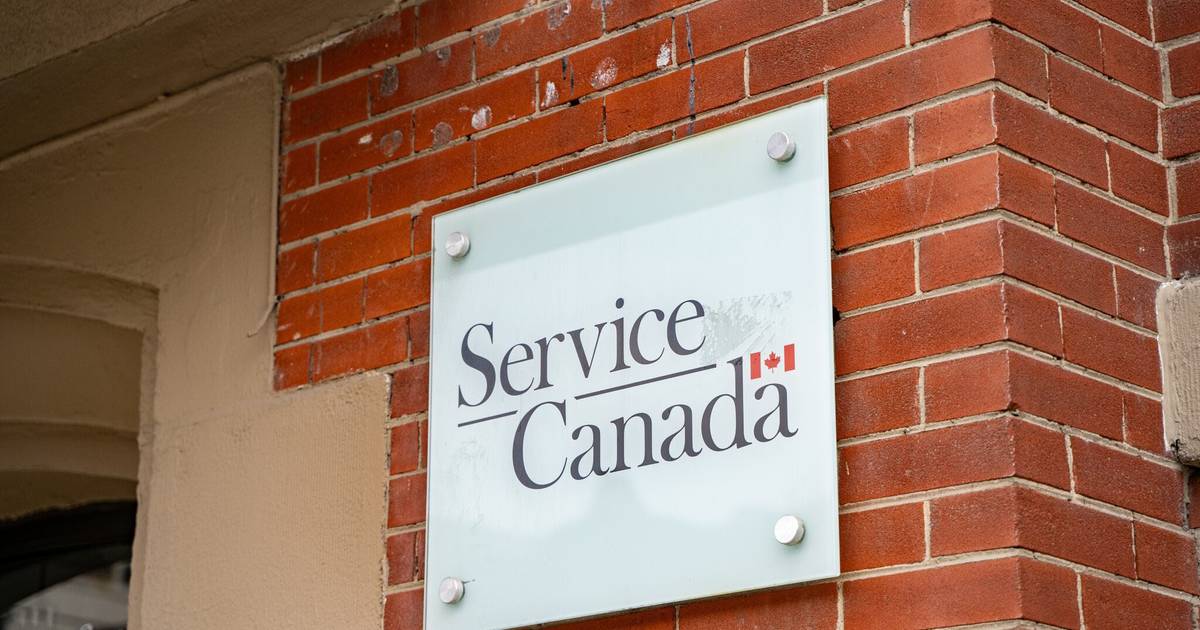A new report is shedding light on why birth rates are falling around the world, and suggests it comes down to a “lack of choice, not desire.”
Financial limitations, job insecurity, gender inequality, fears of the future and other barriers are the driving reasons behind the declines, according to new research published Tuesday by the United Nations Population Fund (UNFPA).
The report aims to push back on “critically flawed” political and media narratives that blame women for rejecting marriage and parenthood due to a perceived lack of wanting a child.
“Vast numbers of people are unable to create the families they want,” the UNFPA’s executive director Natalia Kanem said in a statement.
“The issue is lack of choice, not desire, with major consequences for individuals and societies. That is the real fertility crisis, and the answer lies in responding to what people say they need: paid family leave, affordable fertility care, and supportive partners.”
The report draws on polling conducted by YouGov in 14 countries, representing over one-third of the global population. Canada was not included in the list of countries polled, which features the United States, Mexico, India, Brazil, South Korea and Germany.
In nearly half of the countries included in the survey, fertility rates have fallen below 2.1 births per woman, which is the threshold needed to maintain population stability without immigration.
The findings show few people worldwide are able to have the number of children they want — even if that number is zero.
“Rates of unintended pregnancy are persistently high across regions, as are difficulties having the number of children respondents desire,” the report says.
Twenty per cent of people surveyed said they have been pressured into having children they didn’t want to, while one in three said they had experienced an unwanted pregnancy.
Nearly 13 per cent said they had experienced both an unwanted pregnancy and barriers to having a desired child. In some countries, that figure was above 20 per cent.

Get daily National news
Get the day’s top news, political, economic, and current affairs headlines, delivered to your inbox once a day.
“In other words, everywhere we look, people are struggling to freely realize their reproductive aspirations,” the report says, noting responses were similar in countries with high and low fertility rates.
More than half of those surveyed said economic barriers were impacting their ability to have the number of children they wanted.
“Financial limitations” was by far the top economic factor identified, with 39 per cent of people saying so.
About one in five people said unemployment or job security was a barrier for them, while a similar number said the same about the high cost of housing.
Additionally, more than 20 per cent combined said concerns about climate change, wars, pandemics or other future political or social issues were preventing them from having children.
Gender-equitable child care was also identified as a barrier.
While 11 per cent of people said their partner would not sufficiently carry the load at home, nearly twice as many women said so compared to men. A larger number of people, 14 per cent, said the lack of a suitable partner stood in the way of them having children.
More generally, one in four people surveyed said they felt unable to fulfil their desire for a child at their preferred time.
Child-care costs and a lack of adequate sexual and reproductive health resources were also identified as barriers to proper family planning, according to the report.
Although Canada wasn’t surveyed in the UNFPA report, similar findings have been reported among Canadians.
An Angus Reid survey released last October found more than half of potential parents said they have delayed having children longer than they ideally would have liked, largely due to the rising cost of living and other financial concerns.
According to the poll, 41 per cent said the delay was because of concerns about the job market and financial security, while one-third were worried about both child-care costs and the expensive housing market.
A poll by Ipsos last year found 65 per cent said they’re choosing to have smaller families because of financial concerns.
Statistics Canada reported last year that Canada’s fertility rate, which has been steadily declining, has hit a record low and the country is now among the “lowest-low” fertility nations.
The cost of raising a child to age 17 costs the average Canadian family about $293,000, according to Statistics Canada — a little more than $17,000 per year.
The report warns against what it calls “coercive” measures to boost birth rates such as fertility targets or incentives like so-called “baby bonuses.”
The researchers say that, while financial rewards can help in the short-term, they can further the systemic issue of forcing people to have children before they’re ready.
Financial incentives — which the report notes have been pursued in some European countries — have been openly considered in the U.S. by the Trump administration.
U.S. President Donald Trump himself has said so-called “baby bonuses” — a cash reward for new mothers — “sounds like a good idea.”
Republican lawmakers have introduced a measure called “Trump Accounts” that would fund US$1,000 investment accounts for children born in the U.S. over the next four years, which those children can start accessing once they turn 18.
Trump called it a “pro-family initiative” while announcing the proposal Monday.
Shortly after his confirmation, U.S. Transportation Secretary Sean Duffy circulated a memo that instructed his department to prioritize families by, among other things, giving preference to communities with marriage and birth rates higher than the national average when awarding grants.
The UNFPA report argues policymakers should instead pursue long-term initiatives that give families the freedom to make their own family-planning decisions. These include investing in affordable housing, mandating paid parental leave and ensuring full access to reproductive health services and abortion care.
Societal changes are also needed, the report says, such as encouraging men to fully participate in child care and family planning.
—With files from Global’s Anne Gaviola









